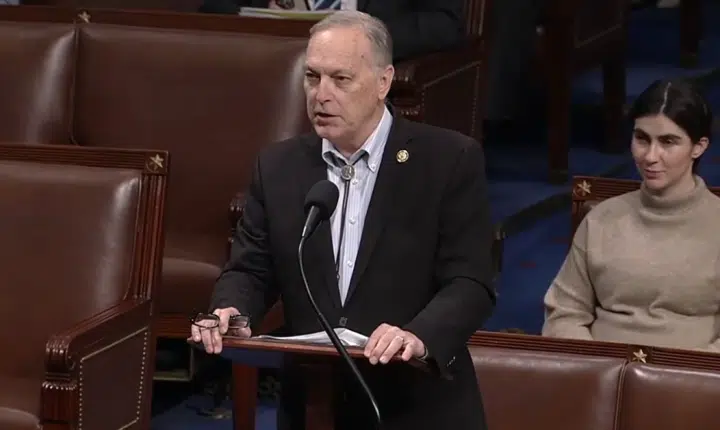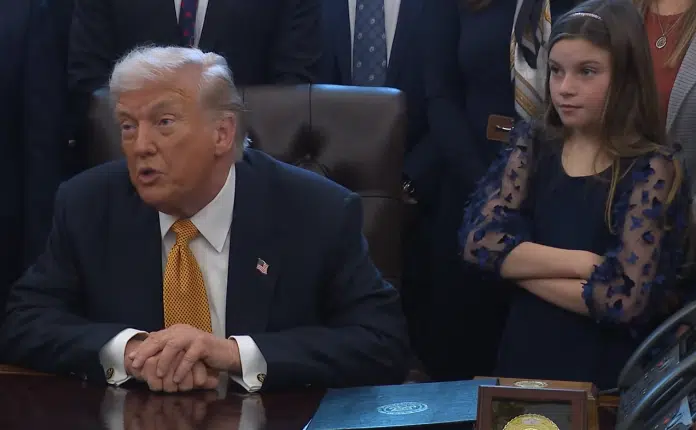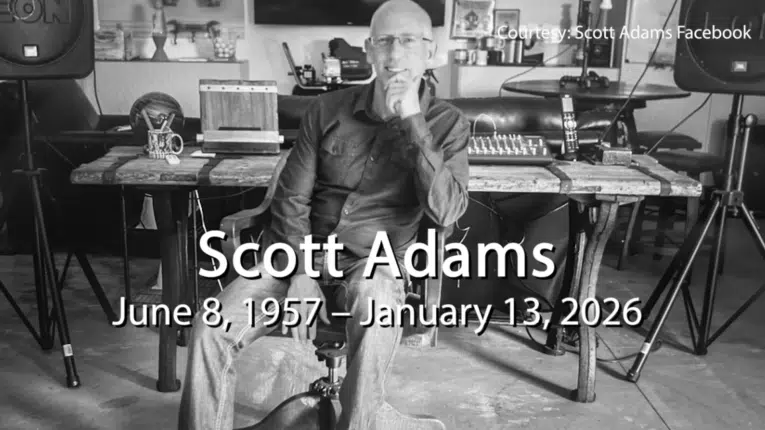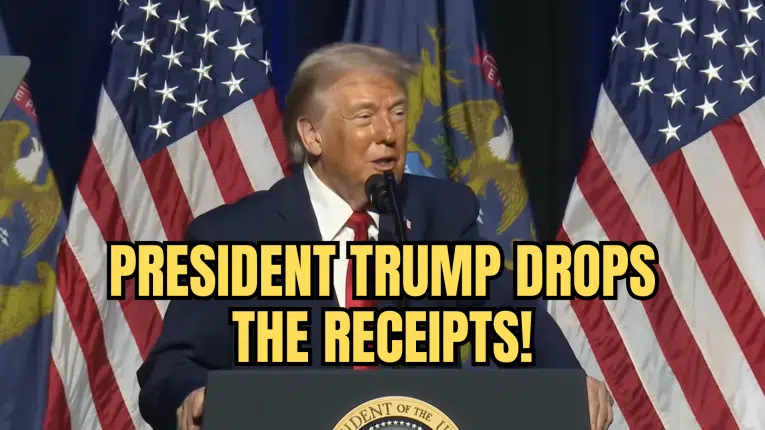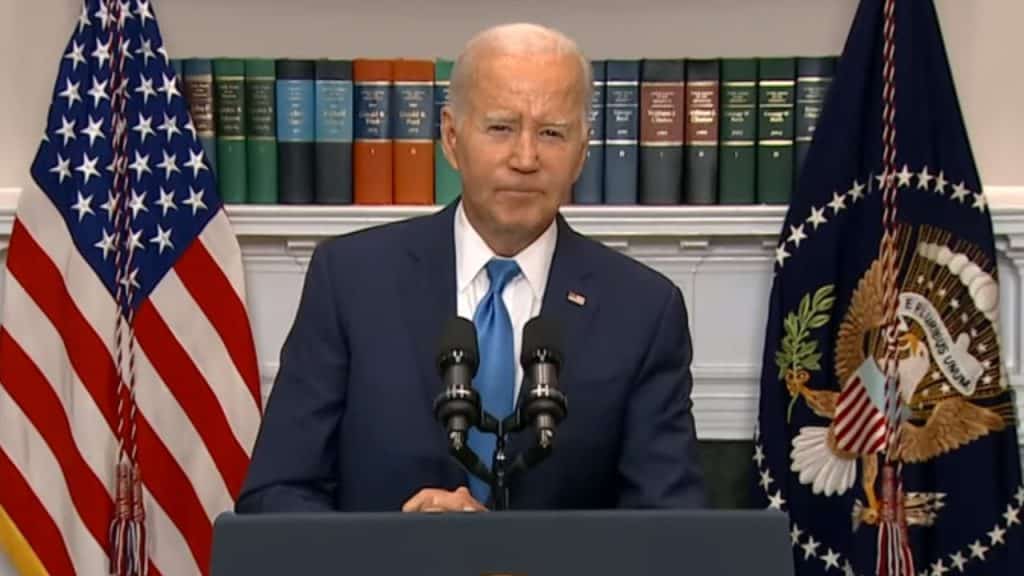
When Robert Kennedy, Jr. pulled out of the national Democratic presidential primary, opting to run as an independent, it appeared that it might be clearing the way for President Joe Biden to run relatively unopposed in the primary.
Primary challenges, even ones where the incumbent wins, have served as omens for presidents who end up either withdrawing from the presidential race, or end up losing it, including Harry Truman, Lyndon Johnson, Gerald Ford, Jimmy Carter and George H.W. Bush.
All had primary challengers in New Hampshire that did better than expected, although of the five only Truman actually lost the primary, and ended up dropping out of the race in 1952 rather than get demolished by Dwight Eisenhower. Johnson barely won in New Hampshire but withdrew from the race in 1968, and Ford, Carter and Bush all won, but ended up losing the general elections in 1976, 1980 and 1992.
This might have been a fate that Biden could have avoided, that is, until U.S. Rep. Dean Phillips (D-Minn.) entered the presidential race, particularly in the first in the nation primary in New Hampshire, which Biden and Democrats have sought to bypass by boycotting the primary and hosting the first Democratic primary in South Carolina instead.
Now, even without Kennedy in the Democratic race, Biden stands a solid chance of losing New Hampshire, where he will not be appearing on the ballot in the primary in 2024, even though it would have been relatively easy to run and win as the incumbent president. Now, Biden must wage a write-in candidate campaign against Phillips and challenger Marianne Williamson to avoid being embarrassed early in the presidential contest.
A lot of it has to do with the perception of a reelection campaign, which is largely about confidence. Primary challenges are the opposite, coming from a lack of confidence in the incumbent that can cause others—free agents or independents—to similarly question whether it is time for a change.
The same process can also play out in open primaries, where early losses can prove fatal as voters abandon candidates for those who appear to have a better chance of winning, with notable exceptions including Bill Clinton in 1992 and Biden himself in 2020, both of whom managed to stage comebacks beginning in South Carolina, going on to win their party’s nomination despite losses in Iowa and New Hampshire.
One thing that makes Biden more vulnerable than usual to a primary challenge is his age. Next month he will be turning 81 years old, making him the oldest president and presidential candidate in history. An Oct. 18 through Oct. 19 Harvard-Harris poll found a full 69 percent of Americans believe Biden is too old to stand for reelection, including 38 percent of Democrats and 73 percent of independents.
And, caught with sticky consumer inflation, Biden’s approval rating stood at just 44 percent, with 53 percent disapproving, with just two months to go until 2024.
The polling appears to in part be animating Phllips’ own bid for president, telling CNN recently he doesn’t think Biden can win: “It appears President Joe Biden is going to lose the next election. The numbers are horrific.”
Phillips added, “If you’re a Democratic voter, and you care about 2024, it matters.”
How far Phillips’ appeal goes, and how much it will register in his primary challenge against Biden remains to be seen. Again, the question is not whether Biden can prevail against a challenger. That much seems certain. The question is whether there are anti-Biden voters in the Democratic primary who might refuse to support him in the general election, showing early in the process that former President Donald Trump could defeat him in Nov. 2024.
And by skipping New Hampshire, Biden could have unintentionally created the circumstance he sought to avoid — a self-fulfilling prophecy — artificially boosting the numbers of his opponents in the primary and fueling the perception that he is weak incumbent. It’s a lot like running a prevent defense that ultimately prevents you from winning. Eventually, when you’re running for reelection, you have to face voters.
Robert Romano is the Vice President of Public Policy at Americans for Limited Government Foundation.


